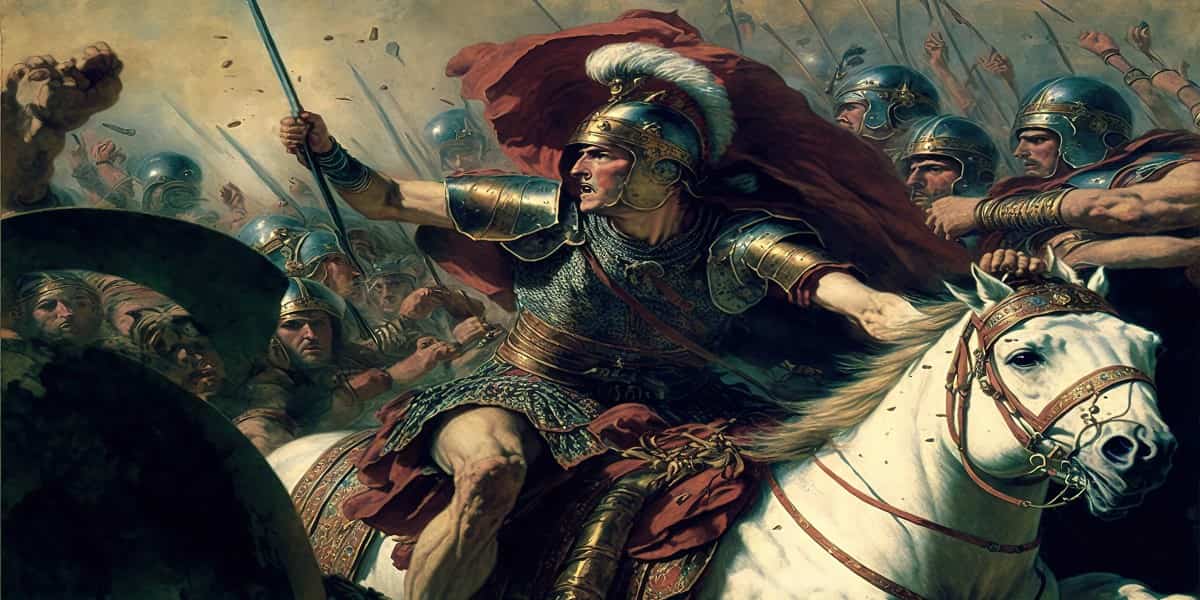Mystery Of Alexander The Great’s Death
Doodlebrary
- The death of Alexander the Great, one of history’s most famous military leaders and conquerors, remains a subject of historical debate and mystery.
- He died in 323 BCE at the age of 32 in the palace of Nebuchadnezzar II in Babylon.
- There are several theories and hypotheses about the cause of his death, but no definitive answer has been reached.
- Some of the prominent theories include:
- Natural Causes: Many ancient sources suggest that Alexander died of natural causes, such as a fever or infection. Malaria and typhoid fever have been proposed as possible culprits. However, these theories are speculative and lack strong evidence.
- Poisoning: Some historians and writers have proposed the theory that Alexander was poisoned. The exact poison and motive behind such an act, if it occurred, are still subjects of debate. Some have suspected political rivals, including his generals, while others have suggested that he may have been accidentally poisoned by contaminated water or wine.
- Alcohol Poisoning: Another theory suggests that Alexander’s excessive consumption of alcohol contributed to his death. It is known that he enjoyed drinking, and some believe that alcohol may have weakened his health or led to complications.
- Autoimmune Disorder: More recent theories have proposed that Alexander may have suffered from an autoimmune disorder, such as Guillain-Barré syndrome or West Nile virus, which could have caused his sudden illness and death.
- Previous Injuries: Throughout his military campaigns, Alexander experienced several injuries, including wounds from battles. Some researchers speculate that the cumulative effects of these injuries might have contributed to his deteriorating health.
- Combination of Factors: It’s also possible that a combination of factors, including physical and emotional stress from his conquests, infections, and pre-existing health conditions, contributed to his demise.
- The lack of contemporary medical records and the passage of time make it challenging to definitively determine the cause of Alexander the Great’s death.
- The mystery surrounding his death has fueled numerous historical debates and investigations over the centuries.
- It’s important to note that our understanding of ancient history is continually evolving as new archaeological discoveries and research shed light on the past, so future findings may provide more insights into this enduring mystery.
